Tinubu Unveils 'Nigeria First' Drive to Champion Local Goods, Slash Imports
- by Editor
- Oct 17, 2025

Credit: Freepik
President Bola Tinubu has announced plans for a nationwide campaign to prioritize Made-in-Nigeria products and services, aiming to revive manufacturing through the "Nigeria First" policy amid persistent economic pressures.
Represented by Sen. John Enoh, Minister of State for Industry, Trade and Investment, at the Manufacturers Association of Nigeria's fifth Adeola Odutola Lecture yesterday, Tinubu outlined the initiative as a cornerstone for reducing import reliance and fostering self-sufficiency. Early assessments suggest the push could lift the sector's contribution to GDP by up to 6% and generate over 500,000 jobs in three years, though full impacts hinge on execution.
The strategy spotlights six pillars: Overhauling federal procurement for local sourcing, enforcing quality benchmarks, expanding exports, easing finance access, tackling energy and logistics bottlenecks alongside skills and input security. "No country achieves prosperity or dignity without producing what it can and exporting at scale what it does best," Tinubu said, underscoring resilience rooted in factories and markets.
Aliko Dangote, Dangote Group president—speaking via former MAN president Mansur Ahmed—welcomed the framework but laid out eight must-haves for success: Binding legislation with penalties, policy continuity across administrations, a national supplier database, consumer awareness drives, incentives for local sourcing, infrastructure fixes, finance for suppliers and AfCFTA leverage. "The Nigeria First Policy represents a bold opportunity to industrialise sustainably," Dangote noted, warning that without these, global competitiveness remains elusive.
MAN President Otunba Francis Meshioye praised the alignment with sector needs but called for swift, unwavering rollout. "Its success depends on clear legislation... and strong alignment across government and industry," he said, amid headwinds like forex shortages and power costs that have shrunk manufacturing's GDP share to 9%.
The policy echoes past efforts like the 2017 "Buy Made-in-Nigeria" but amps up enforcement, with Tinubu tying it to broader reforms like tariff tweaks and export incentives. Critics, including economists, caution implementation snags could limit gains, but supporters see it as timely amid naira woes and import bills topping $60 billion yearly.
As the campaign gears up, stakeholders eye measurable wins: Will it truly dent imports or fizzle like predecessors?

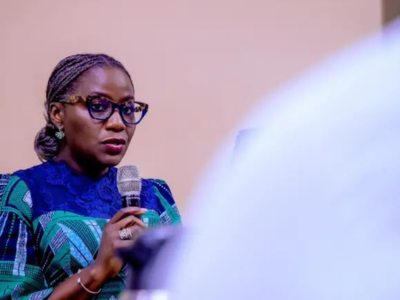
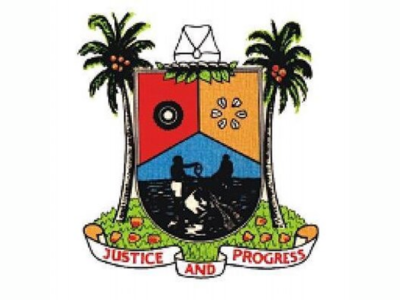
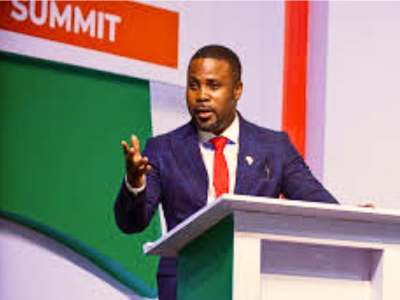




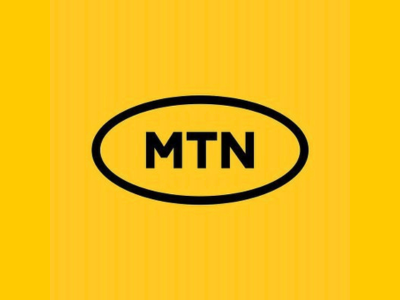

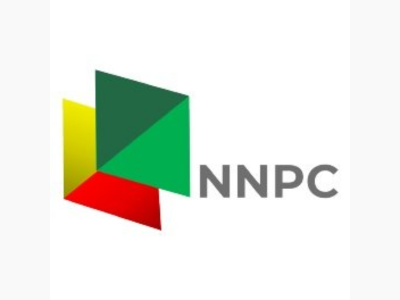
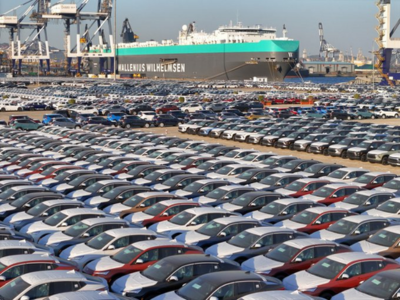

0 Comment(s)